 Lesson 1: Vowels
Lesson 1: Vowels
In the last lesson, you learned some English consonants. In this lesson, we're going to teach you some vowels, so you can spell words!
We're going to use the excellent color vowel system, which associates each English vowel with a color whose name contains that vowel. In this lesson, we'll present the six short vowels, the two long vowels - written with a short vertical line called the long mark - and one reduced vowel, which never occurs in a stressed syllable. Here they are:
 |
 |
 |
 |
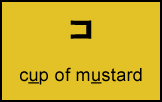 |
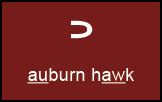 |
 |
 |
 |
On all these color vowel charts, you can click on each color to hear the associated sound.
English has many different dialects, and the main differences are in the vowels. This isn't the place to go into details, but we are going to distinguish between two groups of dialects, American and Commonwealth. The American dialects cover most of the USA and Canada, while Commonwealth dialects are found in most of the other places that English is spoken: England, Scotland, Wales, Ireland, Australia, New Zealand, the Caribbean, South Africa, India, and Singapore.
In American English, the olive vowel is missing. Some words that Brits pronounce like olive - for example, cloth - Americans pronounce like auburn, but short, written without the little vertical line (the long mark). But Americans pronounce most of them like a short almond, with no long mark.
Now we'll present these vowels individually, along with a list of words that include them (based on the lexical sets of John C. Wells, 1982, Accents of English).
Front Vowels

kit ship bit sick stitch stiff pith this wish rib kid dig bridge give his dim skin sing fill milk limp hint drink lift list plinth mix slither vision spirit dinner silly winter sister myth symbol rhythm pretty build guilt women sieve busy business

dress step bet neck fetch mess mesh ebb bed egg edge rev fez hem pen bell shelf hemp tent theft best sex next effort method terror tenor jelly center pester threat sweat deaf death bread dead head health realm meant breast ready jealous pleasant weather treacherous any many friend says said bury

trap tap cat back batch gaff math mass dash cab mad rag badge have jazz ham man hang shall scalp lamp ant hand thank lapse tax banner abbey tassel cancel panda plaid
In American dialects: bath staff giraffe path lath brass class glass grass pass raft craft graft daft shaft aft haft draft clasp grasp rasp gasp blast cast fast mast aghast last past contrast vast avast ask bask mask flask cask task after rafter master plaster disaster castor pastor nasty disastrous basket casket rascal fasten raspberry ghastly castle laugh laughter draught dance advance chance lance glance enhance prance trance grant slant aunt chant plant advantage vantage supplant enchant branch blanch ranch stanch stanchion demand command remand slander chandler commando example sample chancel chancellor lancet answer calf half calve halve rather shan't can't corral morale banana chaff graph alas hasp masque plastic drastic elastic gymnastic enthusiastic bastard paschal pastoral masculine masquerade exasperate blasphemy masturbate lather stance askance circumstantial intransigent substantial transit transport transfer transform transitory transient transept contralto alto plaque
Back Vowels
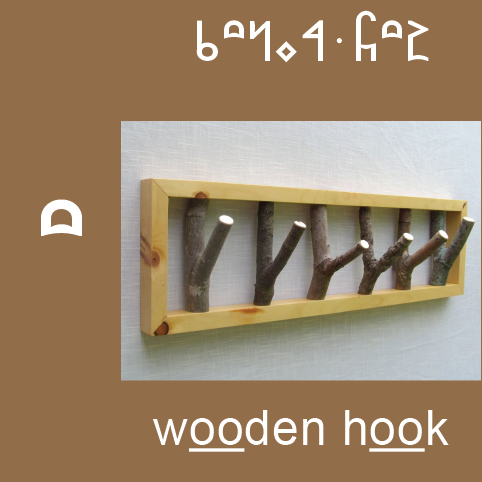
foot put puss bush full cuckoo butcher cushion pudding bullet good stood wood cook look shook wool woman wolf bosom could should would shouldn't

thought taught caught naughty haughty slaughter daughter ought bought wrought brought fought nought sought taut auk debauch sauce applaud cause faun haul autumn author taunt laundry gauntlet gawp hawk crawl awn yawn jaw law saw draw awe chalk talk walk stalk caulk all fall small wall appal instal bald water broad halt salt malt false alter also alderman walrus
In American dialects, short: cloth off cough trough broth froth cross across loss floss toss fosse doss soft croft lost oft cost frost lost often soften lofty gone moth boss gloss joss moss long strong wrong gong song thong tongs throng accost coffee coffer coffin offer office officer glossy foster sausage wash
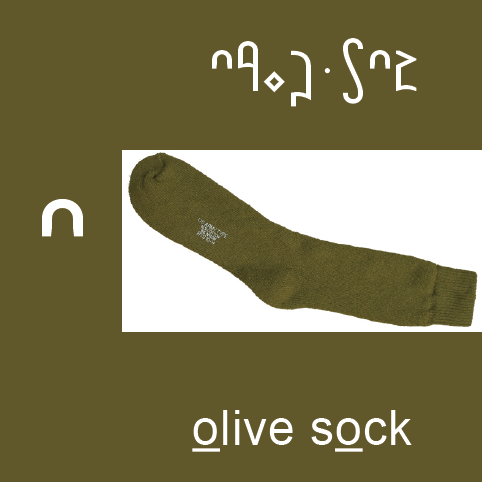
This vowel merges with the almond vowel in American dialects.
In Commonwealth dialects: cloth off cough trough broth froth cross across loss floss toss fosse doss soft croft lost oft cost frost lost often soften lofty gone moth boss gloss joss moss long strong wrong gong song thong tongs throng accost coffee coffer coffin offer office officer glossy foster sausage wash
In Commonwealth dialects: lot stop pot sock notch rob odd cog dodge con doll solve romp font copse box profit possible proverb bother rosin honest ponder swan quality yacht wasp watch squabble waffle knowledge acknowledge
Central Vowels
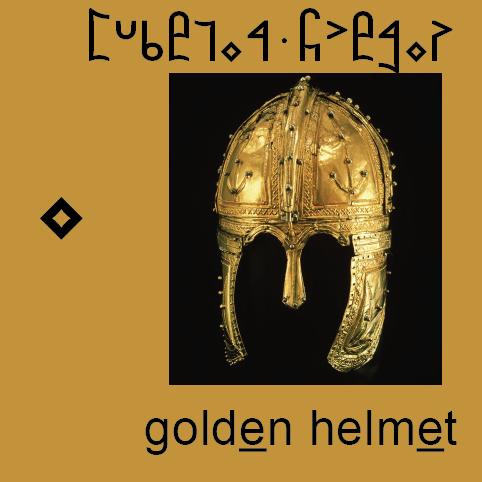
This is the most common reduced vowel, replacing many other vowels in unstressed syllables: message orange climate prism rhythm prison robin cycle pencil. We even use it as the missing vowel in words like bottom button bottle.

strut cup cut suck much snuff fuss rush rub bud jug budge buzz hum run lung dull pulse bulge punch lump hunt trunk butter study punish number mustn't done come love mother stomach monk tongue onion money front touch enough young double southern country blood flood
This vowel is also used a lot as a reduced vowel, often when spelled a: about synthesis harmony medium quota vodka amoeba panda saga sofa saliva balsa visa acacia dementia neuralgia drama arena opera phobia
In all dialects, there are many words pronounced with varying degrees of vowel reduction. For example, the name London could be pronounced carefully with the cup of mustard sound, or more quickly with the golden helmet sound. We favor the latter as a citation form - it's more common - but the careful version is useful for expressing the name as "marked" (in the linguistic sense).

This is as good a place as any to introduce another central vowel that's used a lot as a reduced vowel ... but not so much in English! It's called schwa, and the IPA writes it as ə. In some English dialects, the golden helmet and reduced cup of mustard vowel have merged into this schwa. But even the other English dialects tend to use it in one specific setting: for the vowel sound of the "syllabic L" in words like sample bottle ankle and even when a diphthong "breaks" into two syllables before l, as in words like feel file fool.

palm calm balm psalm alms father bra ma pa mamma pappa aha ah ha blah hurrah baht facade couvade roulade raj taj salaam spa shah schwa cantata inamorato legato sonata staccato pizzicato mafia bravado incommunicado laager lager maharajah kava guava llama swami guano marijuana iguana candelabra
In American dialects, short: lot stop pot sock notch rob odd cog dodge con doll solve romp font copse box profit possible proverb bother rosin honest ponder swan quality yacht wasp watch squabble waffle knowledge acknowledge
In Commonwealth dialects: bath staff giraffe path lath brass class glass grass pass raft craft graft daft shaft aft haft draft clasp grasp rasp gasp blast cast fast mast aghast last past contrast vast avast ask bask mask flask cask task after rafter master plaster disaster castor pastor nasty disastrous basket casket rascal fasten raspberry ghastly castle laugh laughter draught dance advance chance lance glance enhance prance trance grant slant aunt chant plant advantage vantage supplant enchant branch blanch ranch stanch stanchion demand command remand slander chandler commando example sample chancel chancellor lancet answer calf half calve halve rather shan't can't corral morale banana chaff graph alas hasp masque plastic drastic elastic gymnastic enthusiastic bastard paschal pastoral masculine masquerade exasperate blasphemy masturbate lather stance askance circumstantial intransigent substantial transit transport transfer transform transitory transient transept contralto alto plaque
Exercises
Match the sounds with their letters:
| | | | | | | | | | ||
|---|---|---|---|---|---|---|---|---|---|---|
| cat | ||||||||||
| dog | ||||||||||
| pet | ||||||||||
| man | ||||||||||
| | ||||||||||
In addition to standard British and American English, the English of New England, the Western USA, the Southern USA, Central and Western Canada, Australia, New Zealand, Ireland, Scotland, Wales, South Africa and Singapore all have slightly different vowel systems - the pronunciation of vowels is one of the many differences between dialects. From now on, we're going to use just the General American dialect, the one with the most speakers.
Now let's see if you can spell some words:
| cat | | | | | | | | | | |
|---|---|---|---|---|---|---|---|---|---|---|
| dog | | | | | | | | | | |
| pet | | | | | | | | | | |
| man | | | | | | | | | | |
| | ||||||||||
Good work! In the next lesson, you'll learn some more consonants.
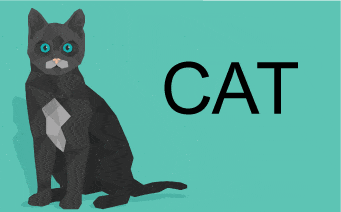

| < Lesson 0 | Lesson 2 > |
| © 2002-2025 The Musa Academy | musa@musa.bet | 28dec24 |